Concrete screws are a type of fastener that are used to attach objects to concrete or masonry surfaces.
They are made from high-strength steel and are designed to be used in high-stress applications.
Concrete screws are becoming increasingly popular for use in construction and home improvement projects due to their strong and durable hold, easy installation, and versatility.
Table of Contents
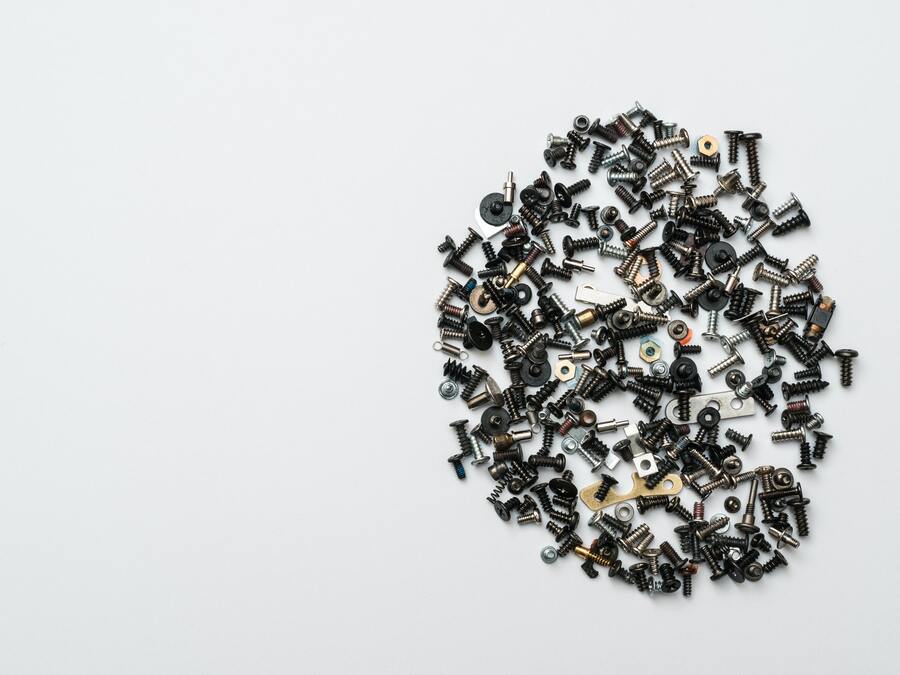
In this article, we will take a closer look at the history, types, and benefits of using concrete screws.
We will also discuss some of the limitations and potential drawbacks of using this type of fastener.
By the end of this article, you should have a good understanding of when and how to use concrete screws in your own projects.
History of Concrete Screws
Concrete screws, also known as tapcon screws, are a type of fastener that are specifically designed for use in attaching objects to concrete or masonry surfaces.
The use of screws for fastening dates back to ancient times, but it wasn’t until the 20th century that concrete screws were developed.
The first patent for a concrete screw was filed in 1934 by the Tapcon Company in the United States.
These early concrete screws were made from high-carbon steel and were primarily used for attaching electrical boxes and conduits to concrete walls.
In the following decades, concrete screws underwent numerous improvements and refinements, resulting in the strong, high-strength steel alloy screws that are widely used today.
Concrete screws are now used in a variety of industries.
The development of new installation tools and techniques has also made it easier to install these screws, making them a reliable and cost-effective option for attaching objects to concrete and masonry surfaces.
You may also want to learn about structural screws, cement board screws and self drilling concrete screws.
Types of Concrete Screws
There are several different types of concrete screws based on the material they are made from, their thread pattern, and their size.
Types of Concrete Screws Based on Material
In terms of material, concrete screws can be made from a variety of metals, including high-strength steel alloy, stainless steel, and zinc-plated steel.
Each type of metal has its own unique properties and benefits, making it suitable for different applications. For example, stainless steel screws are more corrosion-resistant and are suitable for use in wet or outdoor environments, while zinc-plated steel screws are more cost-effective but may not be as durable in certain conditions.
Types of Concrete Screws Based on Thread Pattern
Concrete screws also come in different thread patterns, which can affect their holding power and ease of installation.
Common thread patterns include the standard thread pattern, which is suitable for most applications, and the ACQ-approved thread pattern, which is designed for use in treated lumber.
Types of Concrete Screws Based on Size
Concrete screws are also available in a range of sizes, with the most common sizes being 3/16 inch, 1/4 inch, 5/16 inch, and 3/8 inch.
The size of the screw should be chosen based on the thickness of the material being fastened and the load that the screw will be subjected to.
It is important to choose the right type of concrete screw for your specific application to ensure that it is effective and safe.
In general, it is best to choose a screw that is made from a high-strength steel alloy and has a standard or ACQ-approved thread pattern.
The size of the screw should also be carefully considered based on the thickness of the material and the load it will be subjected to.
How to Use Concrete Screws?
Using concrete screws is a relatively simple process, but it is important to follow the proper steps to ensure that the screws are installed correctly and safely.
Here is a step-by-step guide on how to use concrete screws:
Choosing the Right Type of Concrete Screw
Choose the right type of concrete screw for your application. Consider the material the screw will be used on, the load it will be subjected to, and any specific requirements, such as corrosion resistance or approval for use in treated lumber.
Pre-drilling the Hole for the Screw
Pre-drill a hole for the screw using a hammer drill and a masonry bit that is the same size as the screw’s shank. The hole should be deep enough to allow the screw to be fully seated.
Installing the Concrete Screw
Install the screw by placing the screw in the pre-drilled hole and turning it clockwise using a drill or screwdriver. Use a torque-controlled drill to ensure that the screw is tightened to the proper torque.
If necessary, use a screwdriver or nut driver to finish tightening the screw by hand. Be careful not to overtighten the screw, as this can cause it to strip or break.
Repeat the process for any additional screws that are needed.
It is important to follow these steps carefully to ensure that the concrete screws are installed correctly and safely. Using the right type of screw, pre-drilling a hole, and tightening the screw to the proper torque are all key to ensuring that the screw has a strong and durable hold.
Advantages of Using Concrete Screws
Concrete screws have a number of advantages that make them a popular choice for use in construction and home improvement projects.
Here are some of the key benefits of using concrete screws:
Strong and Durable
Concrete screws are made from high-strength steel alloy, which gives them a strong and durable hold. They are designed to withstand high levels of stress and are suitable for use in a wide range of applications.
Easy to Install
Concrete screws are very easy to install, especially when compared to other fasteners like anchor bolts or chemical adhesives. All you need is a hammer drill, a masonry bit, and a drill or screwdriver to install the screws.
Versatility
Concrete screws can be used on a variety of materials, including concrete, brick, and block. They can also be used in both indoor and outdoor environments.
Cost-Effective
Concrete screws are generally more cost-effective than other types of fasteners, especially when you consider the labor costs of installation. They are also easy to remove and can be reused in other applications, making them a cost-effective long-term solution.
Overall, the strong and durable hold, ease of installation, versatility, and cost-effectiveness of concrete screws make them a popular choice for a wide range of construction and home improvement projects.
Disadvantages of Using Concrete Screws
While concrete screws have many advantages, there are also some limitations and potential drawbacks to consider when using them. Here are some of the key disadvantages of using concrete screws:
Limited Use in Certain Situations
Concrete screws are only suitable for use on concrete and masonry surfaces. They are not effective for use on other materials, such as wood or metal.
Risk of Overloading the Screw
Concrete screws are designed to withstand high levels of stress, but they can be overloaded if they are subjected to more force than they are designed to handle. This can cause the screw to fail or break, which can be dangerous.
It is important to choose the right size and type of screw for the specific application and to follow the manufacturer’s recommended installation and torque guidelines.
While these limitations and potential drawbacks should be considered when using concrete screws, they can generally be avoided by choosing the right type of screw for the specific application and following proper installation and torque guidelines.
Conclusion
In conclusion, concrete screws are a strong and durable fastening option for attaching objects to concrete and masonry surfaces.
They are easy to install and offer a cost-effective solution for a wide range of applications.
However, it is important to choose the right type of concrete screw for the specific application and to follow proper installation and torque guidelines to ensure that the screw has a strong and safe hold.
In summary, the benefits of using concrete screws include their strong and durable hold, easy installation, versatility, and cost-effectiveness.
However, it is important to be aware of the limitations of concrete screws, including their limited use in certain situations and the risk of overloading the screw.
By following these guidelines, you can make the most of the benefits of using concrete screws in your construction or home improvement projects.
Disclaimer: This article is intended for informational purposes only and does not constitute professional advice. Always consult with a licensed contractor or construction professional for your specific needs.
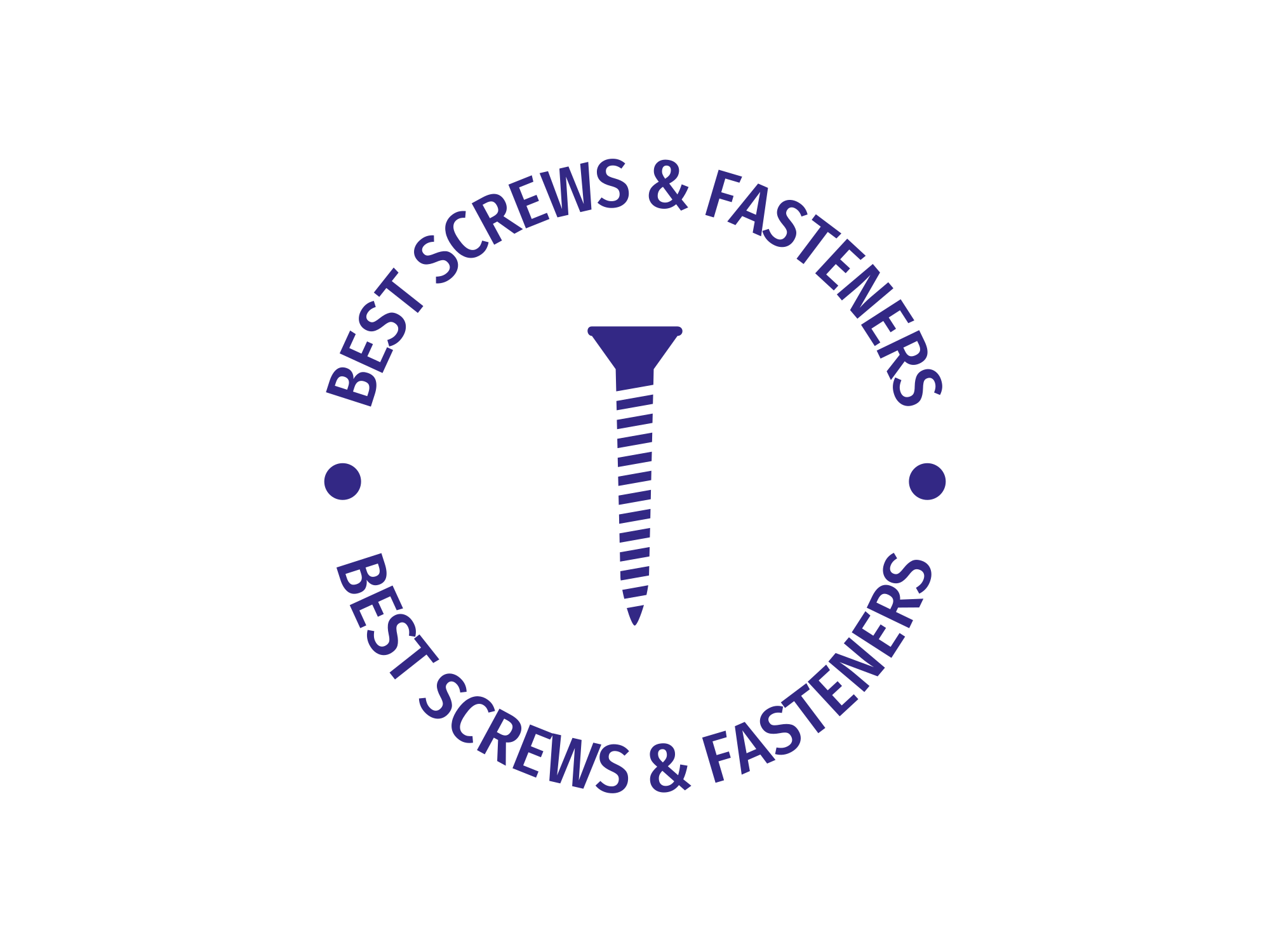
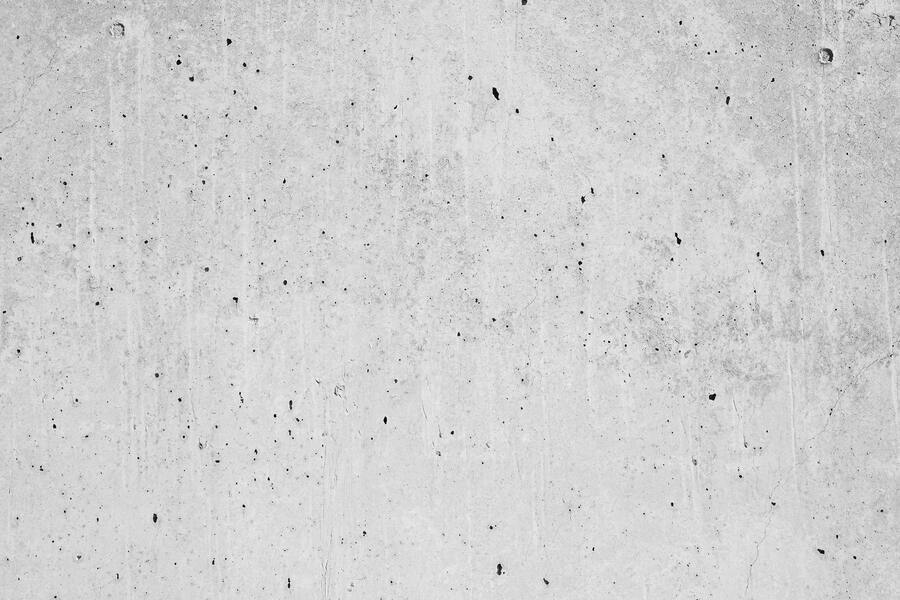
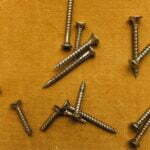
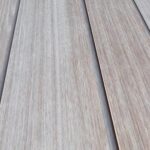
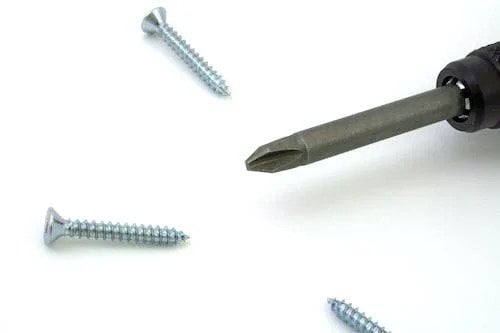
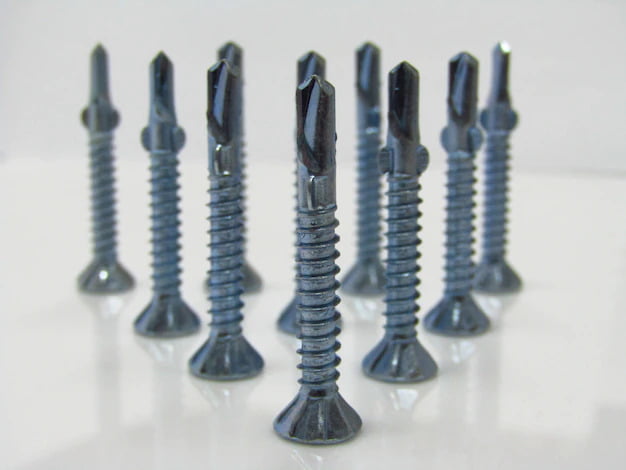
2 Comments